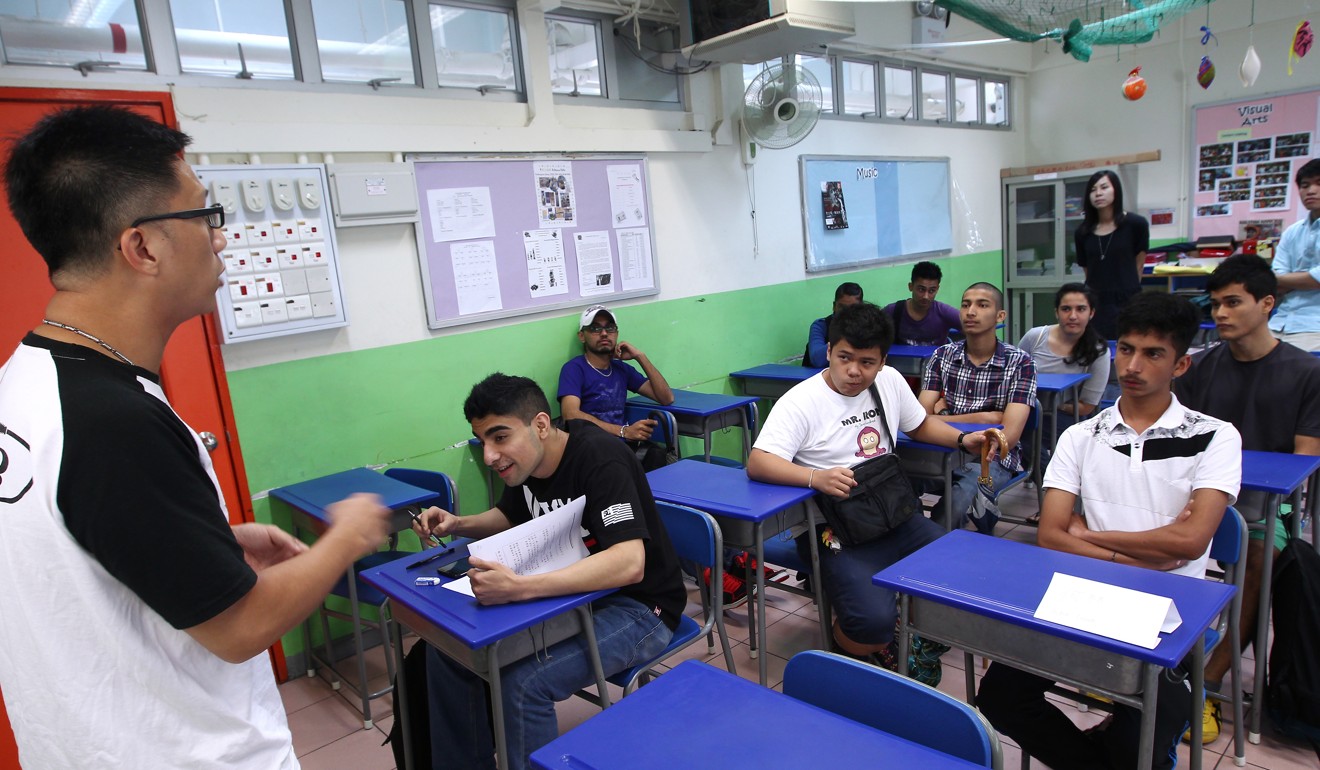Advertisement
Advertisement

Why Hong Kong ethnic minority youth get shut out of politics and good jobs: poor Cantonese
I write in response to the letter from Dev Raj Rai, a Nepali educator who expressed fears over the representation of the situation of ethnic minorities in Hong Kong at the UN Committee on the Elimination of Racial Discrimination in Geneva (“Not Chinese skills, Hong Kong's ethnic minority community is marginalised by the lack of a voice”, August 9).
His concerns are legitimate; however, I must disagree with the cautious approach that he suggests. The issues that we face as members of Hong Kong’s ethnic minority community cannot be dealt with in a hush-hush manner. Hong Kong has signed the convention on the elimination of all forms of racial discrimination, so it must be held to international standards. This is not simply a matter of airing dirty laundry.
I am, however, thankful to him for highlighting the lack of ethnic minority representation in the political framework of Hong Kong. Many of us from the ethnic minority community love and regard Hong Kong as our home, but our limited Cantonese skills have barred the door to many opportunities, including political representation. Our poor Cantonese skills have been a stumbling block since the first wave of migration in the time of our parents and the situation has not improved.

Separate and unequal? Hong Kong ethnic minorities suffer at school
Racially segregated schools and Chinese being taught as a second language have been the main reasons for the limited grasp of the local language among our generation. Initial segregation in schools reduces contact between Chinese and ethnic minority children, leading to the formation of prejudices about each other’s culture.
In such schools, ethnic minority children are taught an abridged version of Cantonese until secondary level, which is just enough Cantonese needed to pass the GCSE (General Certificate of Secondary Education) exam and enter university, but inadequate to create good job prospects.
To be fair, over time, successive Hong Kong administrations have done a lot to try and alleviate the situation for the ethnic minority population. However, they are only band-aid solutions. Unless there is reform in the academic framework, I fear our future generations will continue to face the same difficulties.
A. Rai, Long Ping

Post
